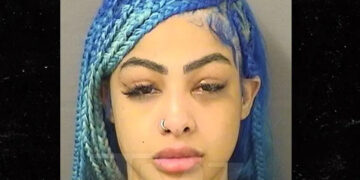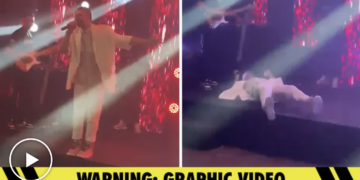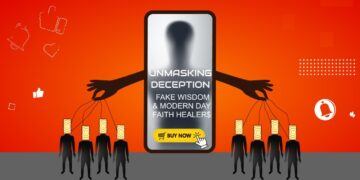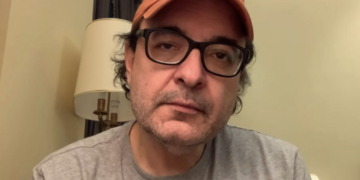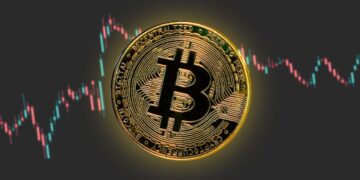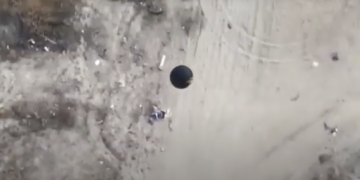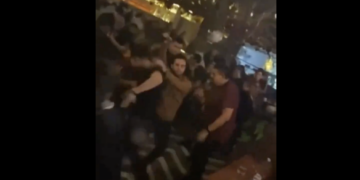Bill Maher has voiced his concerns about the way information is spreading among young people on social media platforms, specifically TikTok. He recently addressed a now-deleted viral video on TikTok of a teenager reading Osama bin Laden’s 2002 “Letter to America,” which contains anti-Semitic statements and seeks to justify the 9/11 attacks. Maher expressed alarm over the fact that young people seem to be supporting figures like Osama bin Laden, equating it to the dangerous Tide pods challenge that circulated on the platform a few years back.
These concerns are not unfounded, as several Jewish celebrities, including Sacha Baron Cohen, Debra Messing, and Amy Schumer, have criticized TikTok for allowing a surge of anti-Semitic rhetoric to go viral on the platform following recent events involving Hamas and Israel. This surge has also led to some young people expressing support for Osama bin Laden.
In response to these issues, more than 30 influential individuals had a confrontational call with TikTok executives, with Sacha Baron Cohen even going as far as to declare, “What is happening at TikTok is it is creating the biggest antisemitic movement since the Nazis. Shame on you.”
During a panel discussion on his show, Maher brought up the viral video and expressed concern over the fact that some left-wing creators on TikTok were discussing bin Laden’s manifesto, with some even stating that its critiques of American foreign policy had opened their eyes to a history they had never learned. This led Maher to criticize the lack of education and historical knowledge among young people, stating, “Yeah, they didn’t learn any history. That’s the problem. So now you’re gonna get it from bin Laden.”
Former Congressman Adam Kinzinger also raised concerns about the national security threat posed by young Americans expressing support for someone like bin Laden. He attributed this to a failure of parenting and the education system to properly educate young people about the dangers of such ideologies.
Donna Brazile, a Georgetown University professor and media contributor, joined in on the discussion, expressing surprise at the failure of social media companies to address the improper use of algorithms to amplify incendiary content. She also highlighted the lack of knowledge among young people about right and wrong, good and evil.
While Maher usually concludes his season of Real Time before Thanksgiving, he announced that the current season was extended into December due to a writers’ strike. This means that Maher will continue to address these important issues on his show.
In conclusion, Bill Maher’s concerns about the spread of dangerous ideologies and misinformation on platforms like TikTok highlight the need for increased awareness, education, and intervention to protect young people from harmful content and extremist rhetoric. The conversation sparked by Maher’s remarks underscores the urgent need for social media companies and society as a whole to take responsibility and address these issues before they lead to further harm.












